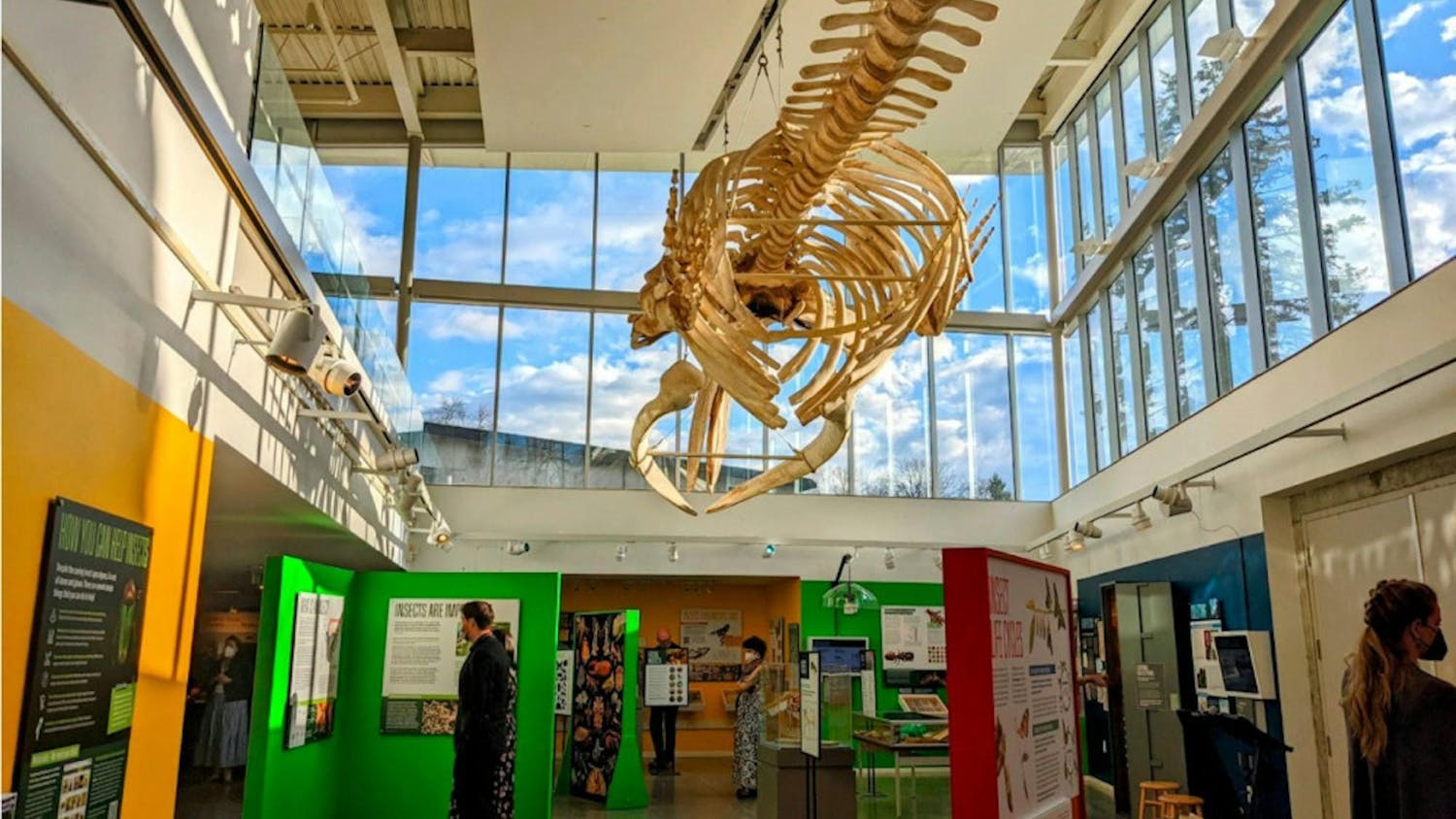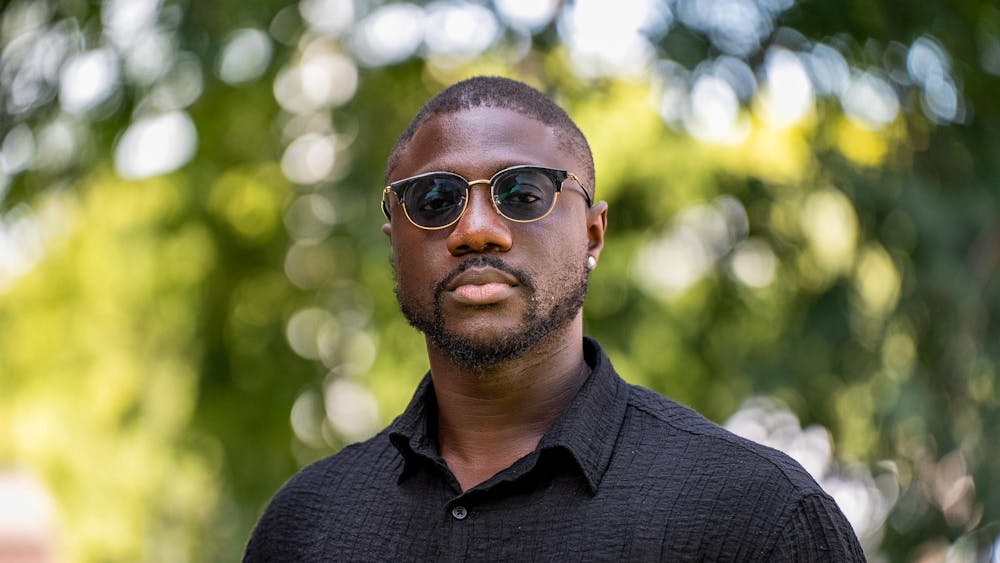The Peabody Essex Museum brought together artists and climate activists in its Feb. 9 panel, co-hosted by Rare’s Center for Behavior and Environment and led by Miranda Massie ’89. Coinciding with an exhibit titled Climate Action: Inspiring Change, the panel gave space for voices of the youth, artists and scientists who are making climate action a top priority.
Massie initially pursued a career in law but decided to change paths as she felt called to answer the climate crisis. This switch came after taking an African-American historiography class by Prof. Margaret Washington, history, and writing an honors thesis about the fight for land reform.
“As this advocacy taught me more about the climate crisis, both generally and in its severe intensification of racist and other inequalities, I felt compelled to try to address it centrally in my work,” Massie said.
In 2015, she became the founding director of the Climate Museum in New York, the only museum of its kind in the nation. The museum aims to educate and inspire visitors to take action regarding the climate crisis through inclusive and equity-centered programming.
“The first step is to recognize your own civic influence — ideas are contagious — and the authority of your own voice. Young people have utterly changed climate policy; there wouldn’t be an Inflation Reduction Act without the youth climate movement. Use your power,” Massie said.
The theme of the panel centered on positivity and connectedness. Janey Winchell, director of PEM's Dotty Brown Art & Nature Center and host for the event, said she hoped participants would leave feeling empowered and hopeful.
“Each one of these panelists are such an inspiring person to me. And that allows anyone attending this event the opportunity to see themselves in this very diverse group of people who are unified in their passion, and also in their enthusiasm for life,” Winchell said.
The panelists were selected for their shared optimistic outlook on climate change, love of life and passion for integrating art and science.
“I was looking forward to the conversation’s focus on emotions and climate advocacy and hearing what other panelists — three of whom are young climate artists or activists the approximate age of most Daily Sun readers — had to say about the importance of emotion in moving the struggle for climate justice forward,” Massie said.
Jordan Sanchez, a youth activist and poet, opened the panel with a reading of her poem “Reimagine, Recreate, Restore,” which is featured in PEM’s art exhibit.
Another panelist was Kevin Green, leader of Rare’s Center for Behavior and Environment, where scientists bring human behavioral studies into response strategies to the climate crisis. His goal is to spark individual action into large-scale change.
Natalia Jacobs, a first-year student at Bates College and member of the 2022 Mass Audubon Youth Climate Leadership Program, also participated in PEM’s climate exhibition. She also has planned regional climate summits focusing on youth action.
The final panelist was Noella Altvader, who grew up on the Passamaquoddy Reservation at Sipayik, was a 2022 Brookie Award winner and has a strong passion for water conservation and sustainability within local communities.
The panelists emphasized having climate conversations that are encouraging but still convey the urgency of the crisis.
“We are looking at developing this exhibition that would be an accessible, meaningful, but not traumatizing exhibition about what's going on with the climate and the role we can take to circumvent the worst of climate climate change,” Winchell said.
Winchell said she felt her collaboration with Massie was invaluable, as they had been working together to facilitate collective action. Massie echoed this sentiment, encouraging people interested in climate to start conversations about the topic.
“Change is possible [and] necessary and lies ahead,” Massie said. “You don’t need any expertise to share. In fact, it’s more effective to begin with your own thoughts, concerns and questions. So, my main takeaway would be to talk [about] climate.”
By spreading the word about climate and connecting with one’s community, Massie said that individuals will find most people are concerned about the climate crisis, and she reminded students that they are not alone in their worries.
“With both the creative potential of science and the creative capacity of art, and that in a place of accessibility for people,” Winchell said, “there is great potential going forward for finding solutions.”
Winchell also states that her collaboration with Massie was invaluable “because they had already been testing this approach of emphasizing collective action. I'm just so grateful to Miranda, for taking the leap with us to implement this because I feel that's really had a great ripple effect.”
You can view the panel online at https://www.youtube.com/watch?v=LPkoEVBbHvk&t=594s
Correction, Feb. 16, 4:45 p.m.: A previous version of this article misstated that Miranda Massie '89 was a co-host of the panel. The article has been corrected to accurately reflect that Rare's Center for Behavior and Environment was the co-host.











